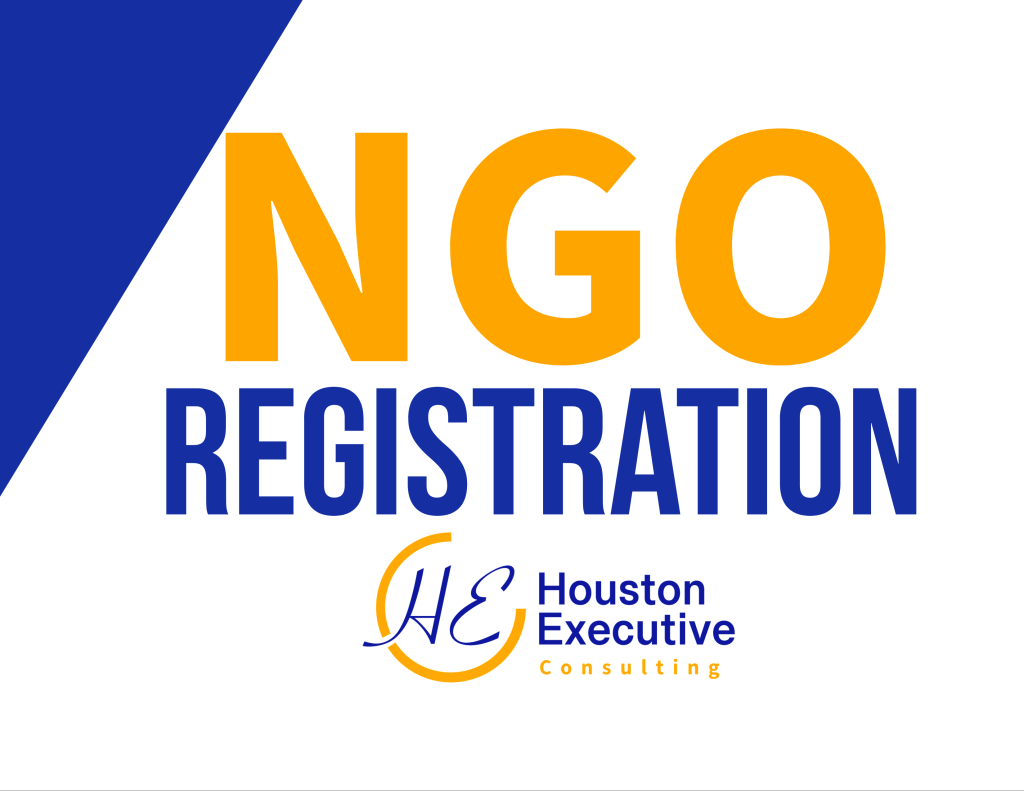How to Choose a Business Name – 10 Tips for Choosing a Unique Business Name for Your Startup
A business name is a very important step for every new startup. It is what will form the legal person for the company or business that you start. People will always refer to our business by that name. The media and all forms of publications will refer to the business’s corporate name.
When building a brand, it’s important to start by carefully considering the name you want to give it. While it may be tempting to choose a name based on your initials, personal preferences, or geographic location, keep in mind that creating a strong and memorable brand takes time. However, selecting a beautiful and fitting business name can be a great way to get off to a good start.
So, what makes for an effective business name?
First, your name being the primary distinguishing factor, it has to be unique and hard to confuse with other companies. In countries like Uganda, you are advised by URSB to have at least 3 proposed names while doing name reservation at the registration stage. This helps to also ask if the name can be trademarked.
While choosing a name, you need to be aware that to a bigger part, the strength of a brand depends on how many people are aware of it. Brand awareness begins with remembering the business name
Just like us human beings, names also matter a lot for brands. A good name like your who’s reading this will have a positive connotation. Choosing a business name is a critical decision that can impact your brand identity, market positioning, and overall success. Here are some important factors to consider when selecting a business name:
1. Choose a Name Relevance to Your Business
The name should reflect the nature of your business and convey what you do or offer. It should give potential customers an idea of what to expect from your products or services.
The choice of your business name should also be consistent with how you want your business to be perceived. You can’t be in the business of making sports cars and call the company Turtle Sportys. People will likely perceive the brand as low-speed.
2. Pick a Name that is Easy to Memorize
It is advisable to refrain from naming your business with lengthy and complex names that might be difficult for your potential customers to remember or spell correctly. A good business name should be simple, easy to recall, and easy to spell.
It is important to keep in mind that the name of your business is a critical component of your marketing strategy and can greatly impact the success of your business. Therefore, it is recommended to spend adequate time researching, brainstorming, and selecting a name that resonates well with your target audience and aligns with your brand image.
3. Easy To Pronounce
Your business name should be easy to pronounce by different people from a vast global world. A business name that’s easy to pronounce makes it easy for people to tell others about your business. It should also be easy to spell because this way your clients and friends would find it easy to share it on social media like X, WhatsApp, Facebook, and LinkedIn.
4. Choose a Unique Name
Your business name should stand out and be distinctive from competitors in your industry. Make sure that your chosen name is both unique and distinct from any existing businesses to avoid any potential legal issues down the line. A thorough search is essential to ensure that your business stands out from the competition.
5. Consider Domain Name Availability
The name should be coherent with Search Engine Optimization (SEO) & Digital Marketing. In today’s digital age, having a corresponding website is crucial. Check if the domain name for your business is available. It’s best if your business name and domain name match. A domain name it can be costly to buy it from someone else if they have already booked it.
It can be challenging to achieve a strategic search ranking against a company that has already named itself after a product or service, especially for those of us with experience in search engine optimization (SEO).
For example, if you want top search ranking on search engines while promoting team-building services in South Carolina. It is very likely that a company with names such as “Team Building Enterprises South Carolina Ltd” will be on top simply because their name already takes advantage of the long-tail keywords. If your business operates online, consider how well the name will rank in search engines for relevant keywords.
6. Check Social Media Handles
Similarly, check the availability of social media handles (usernames) that match your business name. Consistency across online platforms helps with branding.
7. Versatility & Scalability
At some point your product line may expand, your name therefore has to be versatile. This will allow for brand extensions like Yahoo Mail, Yahoo Ads, Yahoo News, etc. Another way to look at versatility is to be able to maintain the same name even after changing the line of business. Consider if the name will still make sense and be relevant as your business grows or expands into different markets or product lines.
8. Trademark Availability
Before finalizing a name, research whether the name is trademarked. You don’t want to face legal issues down the line due to trademark infringement. Some companies are named after their founders. Where this is easy to protect legally, it may have implications especially when the founder is convicted of a felony. People may no longer associate with the brand.
9. Language Translations, and Cultural Sensitivity
If your business might expand internationally, ensure the name doesn’t have negative meanings or connotations in other languages. Be aware of potential cultural or linguistic connotations that might not translate well or could be offensive in certain regions or languages
10. Brand Identity & Graphics
Your company name should be easy to represent in attractive and interesting ways in graphics design. Popular names with beautiful name designs are FedEx and Pinterest. Think about the kind of brand identity you want to create and whether the name aligns with that vision.
Conclusion
Finally, some brand names are simply made up from scratch, carrying no meaning before their creation and use. You can choose to use a founder named Ralph Lauren. You also have an option of using a descriptive name like Burger King. Another type is a metaphor named Anthropologie.
Some companies were given acronym names like BMW while others just started from scratch and fabricated the names like Lexus, Kodak, and Exxon. An advantage of fabricated names is that they can be easily trademarked. Abbreviations can be confusing, especially if they’re not immediately recognizable. It’s usually better to go with a full, meaningful name. Get input from friends, family, mentors, or potential customers. They might offer valuable insights and catch issues you hadn’t considered.












